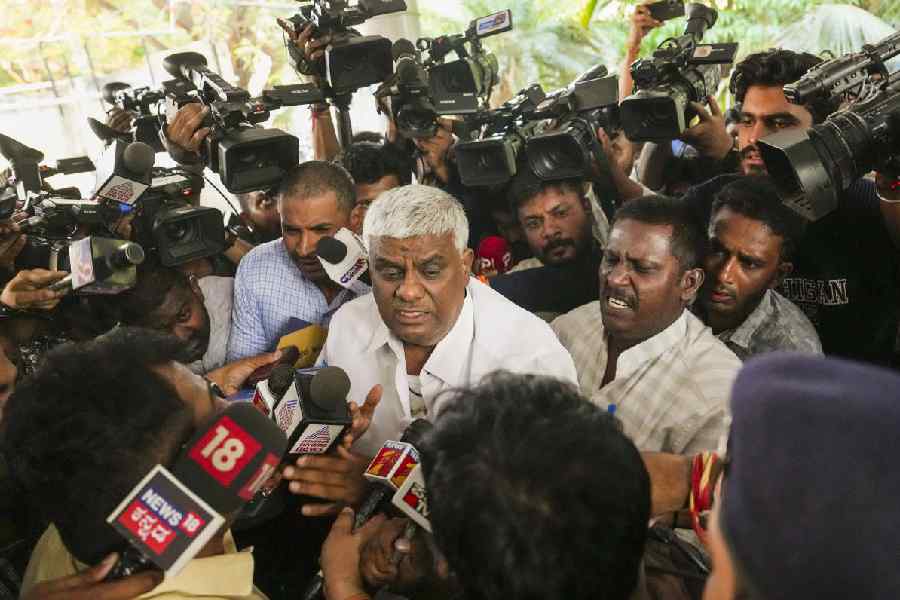The Supreme Court has acquitted a man in a criminal case on the ground that merely because a person has absconded for a long time after registration of an FIR does not necessarily imply that the person has committed a crime as it is not “unnatural” for a person to abscond when a criminal case is registered.
“The appellant could be apprehended 3 (three) years after the incident.... However, abscondence by a person against whom an FIR has been lodged and who is under expectation of being apprehended is not very unnatural. Mere absconding by the appellant after alleged commission of crime and remaining untraceable for such a long time itself cannot establish his guilt or his guilty conscience,” the apex court said.
A bench of Justice B.R. Gavai, Justice Dipankar Datta and Justice Aravind Kumar passed the verdict while acquitting a tea stall owner Sekaran, charged with the murder of his daily wage worker Palas.
The prosecution had pleaded that there was enough material to convict the accused who had absconded for three years after registration of an FIR against him.
Although the trial court and Madras High Court had relied on the prosecution’s submission that the appellant was absconding for over three years after committing the alleged crime for giving their verdict, the Supreme Court negated that.
Madras High Court, on an appeal by the convict, reduced the life imprisonment to five years on the ground that the offence fell under IPC Section 304-Part II (culpable homicide not amounting to murder) as there was no pre-mediation and the incident had occurred at the spur of the moment.
Aggrieved, the appellant had filed the present appeal.
Allowing the appeal, the apex court noted that based on the evidence produced by the prosecution there were several infirmities which were not considered by the trial court and the high court.
The incident had reportedly occurred on March 12, 1996, and Palas died on March 14, 1996, while undergoing treatment.
Writing the judgment, Justice Dipnakar Datta observed that the post-mortem report and other material on record indicated that the deceased had consumed alcohol and there was substance in the plea of the defence that Palas had suffered multiple injuries after falling from a tree and the appellant was falsely implicated in the case.
The bench said in the present case, the FIR was lodged on March 15, 1996, around 9am although the incident occurred on March 12, 1996.
“Viewed in the light of the delay in lodging of the FIR and on threadbare consideration of the other evidence on record, the circumstances surrounding the unfortunate death of Palas do not clearly and unequivocally point to the involvement of the appellant and his false implication cannot be wholly ruled out,” Justice Datta said.










